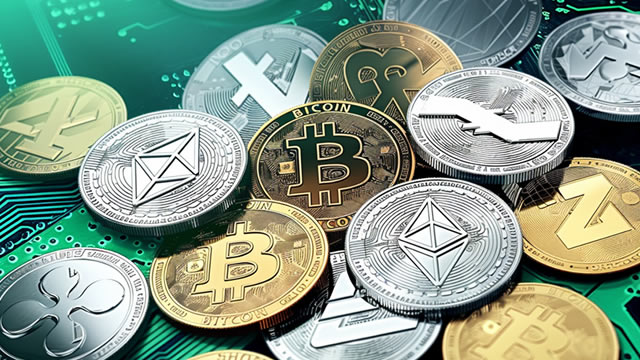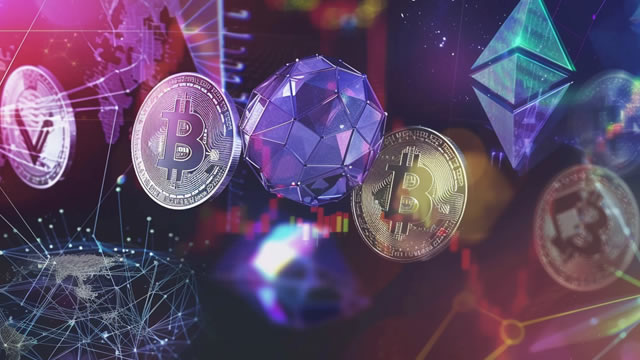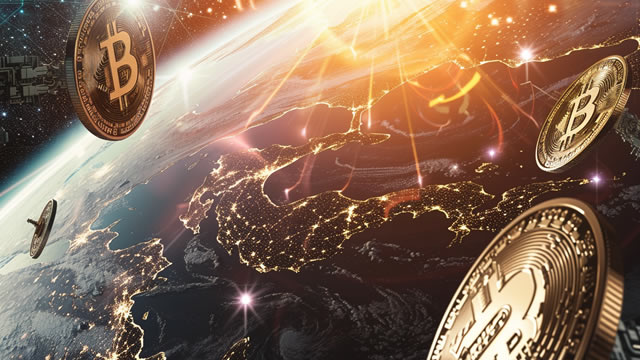
EU Intensifies Sanctions on Russia, Impacting LNG, Banking, and Crypto Exchanges
EU Intensifies Sanctions on Russia, Impacting LNG, Banking, and Crypto Exchanges

The European Union has unveiled a new sanctions package against Russia, targeting liquefied natural gas imports, banks, and cryptocurrency exchanges to enhance pressure on Moscow.
Article Summary
The European Union has escalated its economic warfare against Russia with comprehensive new sanctions targeting cryptocurrency exchanges, liquefied natural gas imports, and banking institutions. This latest sanctions package significantly impacts the digital asset landscape, as European regulators crack down on crypto platforms facilitating Russian transactions and potentially circumventing existing financial restrictions. The expanded sanctions demonstrate growing regulatory scrutiny of cryptocurrency's role in international sanctions evasion, affecting Bitcoin trading volumes and blockchain-based financial services connected to Russian entities. Crypto exchanges operating within EU jurisdiction must now implement stricter compliance measures, potentially disrupting decentralized finance (DeFi) protocols and digital currency flows. Market analysts anticipate these sanctions will create ripple effects across global cryptocurrency markets, as institutional investors reassess regulatory risks. The move reinforces the EU's commitment to isolating Russia's economy while highlighting cryptocurrency's increasing importance in geopolitical financial strategies. Bitcoin and altcoin markets may experience volatility as traders digest the regulatory implications. This development underscores the evolving relationship between traditional sanctions mechanisms and emerging blockchain technologies, potentially reshaping how governments regulate cross-border cryptocurrency transactions in conflict zones.







